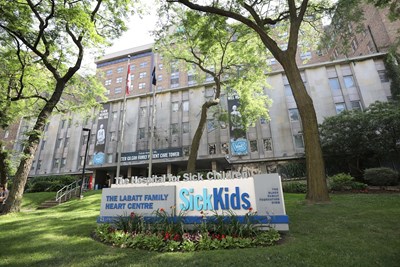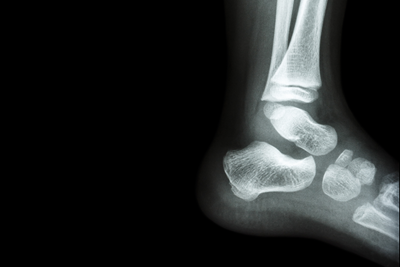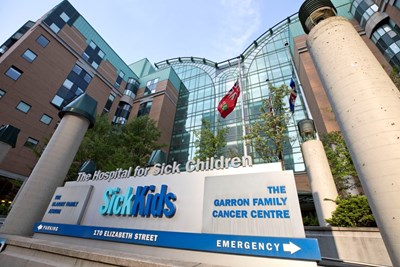News & Stories
Read the latest news and stories in the SickKids newsroom. Looking to interview someone? Connect with our media team.

January 25, 2017
Our shared vision for mental health services for children and youth
Dr. Michael Apkon, President and CEO, and Donna Duncan, President and CEO of The Hincks-Dellcrest Centre offer their perspective on how SickKids is bridging hospital and community mental health services for children and youth.

January 20, 2017
Novel research finds genetic explanation for bone damage among survivors of childhood cancer
Dr. Yaron Finkelstein, lead author of the study and Staff Physician in Emergency Medicine and Clinical Pharmacology and Toxicology and Senior Associate Scientist at SickKids explains how his work could improve health outcomes for paediatric survivors of ALL.

January 19, 2017
Brain scan of premature infants could predict disability and improve outcomes, study finds
New research led by The Hospital for Sick Children (SickKids) may help doctors better predict whether a preterm baby will have disabilities later on by scanning the infant’s brain after birth.

January 13, 2017
Science Show & Tell: Happy 150th, Canada!
Just in time to kick off the country’s 150th anniversary, a team of researchers from The Centre for Applied Genomics (TCAG) at The Hospital for Sick Children (SickKids) has successfully sequenced the genome of Castor canadensis – the Canadian beaver.

January 9, 2017
Three projects supported by researchers from The Hospital for Sick Children (SickKids) were awarded over $116 million in funding by the Government of Canada today as part of a $328.5-million investment into 17 national research facilities across the country.

January 9, 2017
On January 6, 2017, the Honourable Celina Caesar-Chavannes, Parliamentary Secretary to the Right Honourable Justin Trudeau, Prime Minister of Canada, visited the SickKids-Ghana Paediatric Nursing Education Partnership at the Ghana College of Nurses and Midwives.

January 4, 2017
SickKids’ Dr. Lewis Kay appointed to Order of Canada
Dr. Lewis Kay, Senior Scientist at The Hospital for Sick Children (SickKids) was named an Officer of the Order for Canada, one of the country’s most prestigious civilian honours.

December 28, 2016
It’s been a wonderful year at SickKids! Here’s why…
That’s a wrap on 2016! Thanks to all our staff, volunteers, patients, families, community partners and supporters for everything you do to help us along our journey.

December 23, 2016
Dr. Anna Jarvis appointed to the Order of Ontario
Dr. Anna Jarvis, retired Staff Physician in the Division of Paediatric Emergency Medicine and Professor Emerita at the Department of Paediatrics, University of Toronto (U of T), has been appointed to the Order of Ontario.

December 22, 2016
New posters by SickKids patients a reminder of hand hygiene importance
Posters drawn by patients were introduced as part of the Clean Hands Prevent Harm campaign last year to remind others how simple but important hand hygiene is at SickKids. As part of our current Quality Improvement Plan, SickKids aims to improve how often our health-care providers clean their hands from 85 to 89 per cent.

December 19, 2016
Santa’s elves fly to SickKids! Canadian Armed Forces help deploy Operation HO HO HO.
During the holiday season, Santa needs all the help he can get to make sure every child gets some holiday cheer. This year he called in special reinforcements. Members of the Canadian Air Force teamed up with the North Pole to ensure that Santa’s big delivery made it to SickKids on time.

December 16, 2016
Congratulations to winners of the 2016 President’s Awards
This year, there were 21 nominations for the President's Award with nominations coming from areas across SickKids, including clinical, administration, research and learning. Four individuals and one team received this year's awards!

